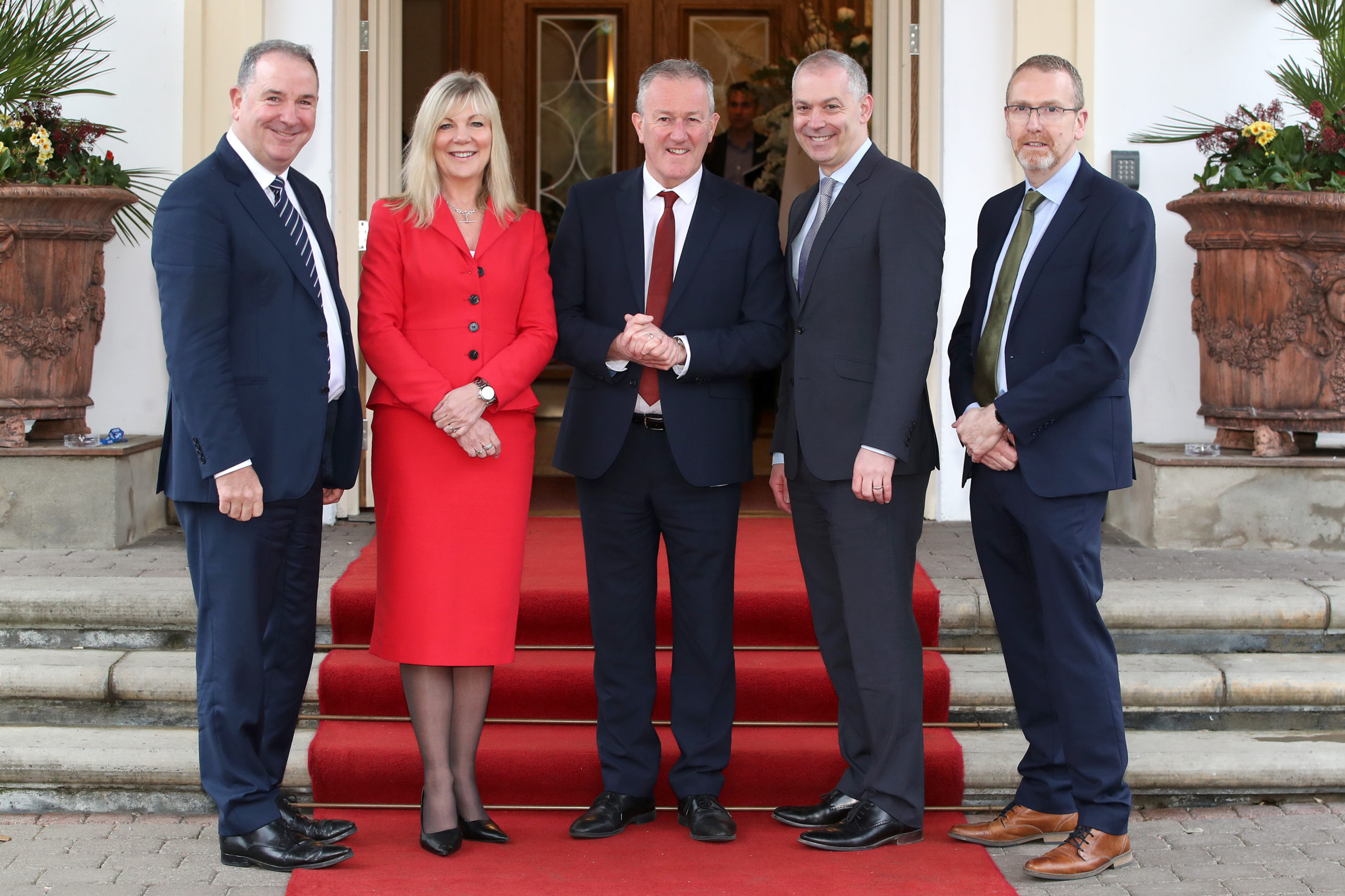Last week in Parliament Buildings, we presented the results of NI Chamber’s Quarterly Economic Survey for the first three months of this year to an audience of MLAs and economists. The report found a mixed picture within Northern Ireland’s trading landscape, with manufacturing businesses facing a challenging Q1 24, compared to service businesses experiencing a relatively strong quarter of growth.
What is very clear from the results is that businesses from both sectors need strategic direction from policymakers to both unlock our exciting, untapped potential and to support those facing significant challenge. In particular, they have prioritised a new fiscal framework for Northern Ireland, a new economic strategy and capital investment to challenge low growth. That was our message to those in attendance at Stormont and again to the Economy Minister, who addressed more than 300 people at our Momentum economic conference a few days later.
At that conference, we heard from innovative manufacturing and services firms implementing world-leading technologies. They all had common asks for clear strategic direction on the issues which make Northern Ireland a competitive place to work, trade and invest; from how we power and heat for our businesses in a low carbon economy, to how we build a skilled workforce of the future.
That strategic direction is needed for the significant majority of businesses (77%) who responded to the Q1 24 survey to say they are trading well or reasonably, as much as it is for the around one in four who told us they are just covering costs or struggling.
Despite easing, inflationary pressures continue to be a key concern. And while figures show that inflation is slowly heading in the right direction, it was still 3.2% in March. When combined with pressures from rising labour costs, business rates and energy, it’s clear that trading conditions remain challenging. Energy cost inflation continues to slow but 69% of members were still dealing with increased energy costs over the last quarter.
Competition has been a growing concern for both sectors, with 41% of manufacturers and 44% of services businesses highlighting competition as a greater concern than three months ago. In Q1, more businesses said they expect to raise prices after a period where this had shown signs of easing.
In the first QES since the restoration of the institutions at Stormont, NI Chamber members were asked to identify their priorities for the Executive. The top three responses were a new economic strategy, a long-term infrastructure plan and an independent review of public spending. When asked to identify their priorities for the Westminster Government, the top response from NI businesses was a new fiscal framework for funding public services, followed by competitive business taxes. Access to international labour & skills and investment in innovation support were the joint third responses.
These findings correlate strongly with the experiences and challenges our members across all sectors report to us daily. Indeed, the purpose of last week’s Momentum Conference was to facilitate deeper co-operation between industry and policymakers on some of the very issues highlighted in that report. The collaborative event was a conducive one, which delved into the action plan and delivery mechanisms necessary to make the recently published Economic Vision an economic reality, especially in key areas like competitiveness, green growth, innovation and inclusivity.
Our messages around co-design and co-delivery were welcomed by Conor Murphy, who in his address, committed to continued engagement with NI Chamber and our members to ‘significantly turn the dial up on our economic performance.’
At NI Chamber, that commitment is certainly welcome, because we are firmly of the view that the only way to address our challenges and really build a prosperous, productive and inclusive economy is though partnership, with business and government working together from the outset to co-design and co-deliver genuinely transformative solutions.


